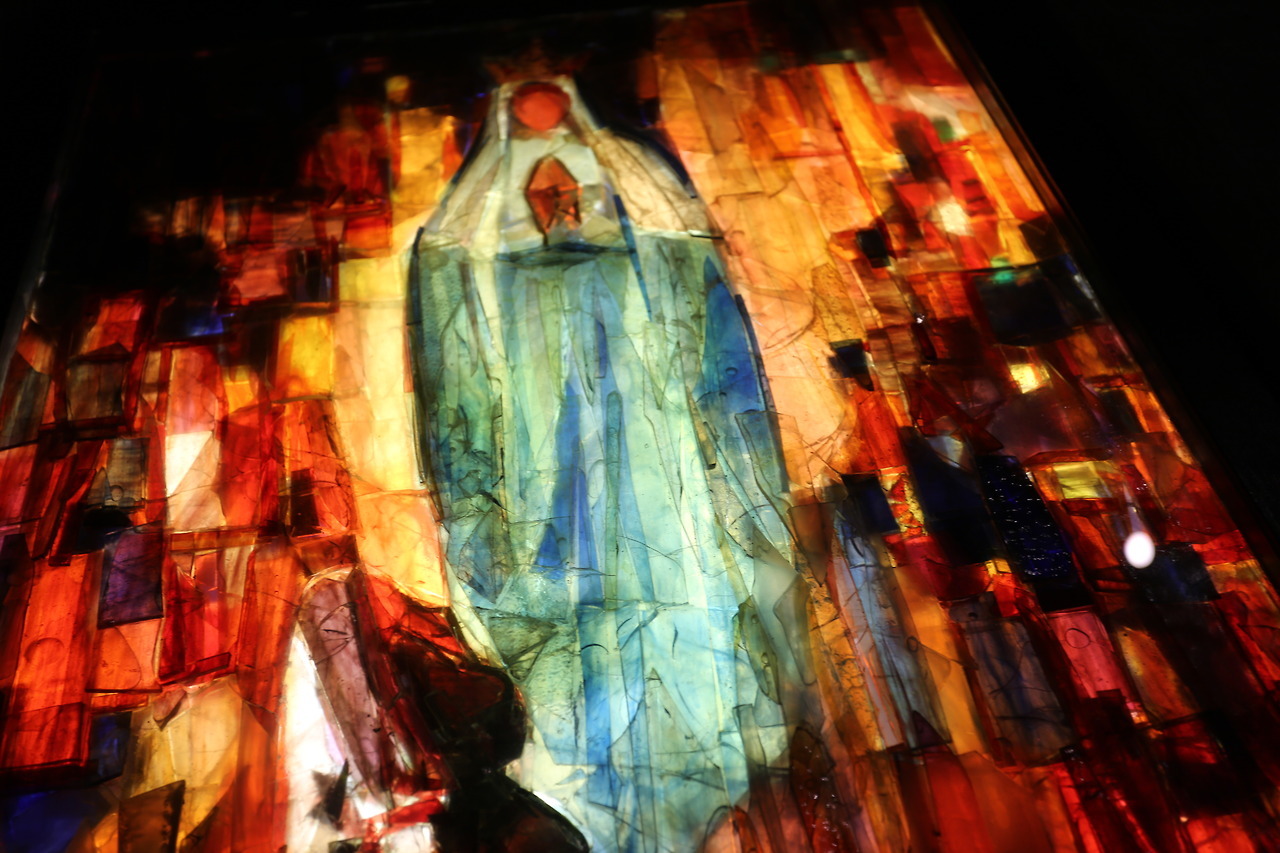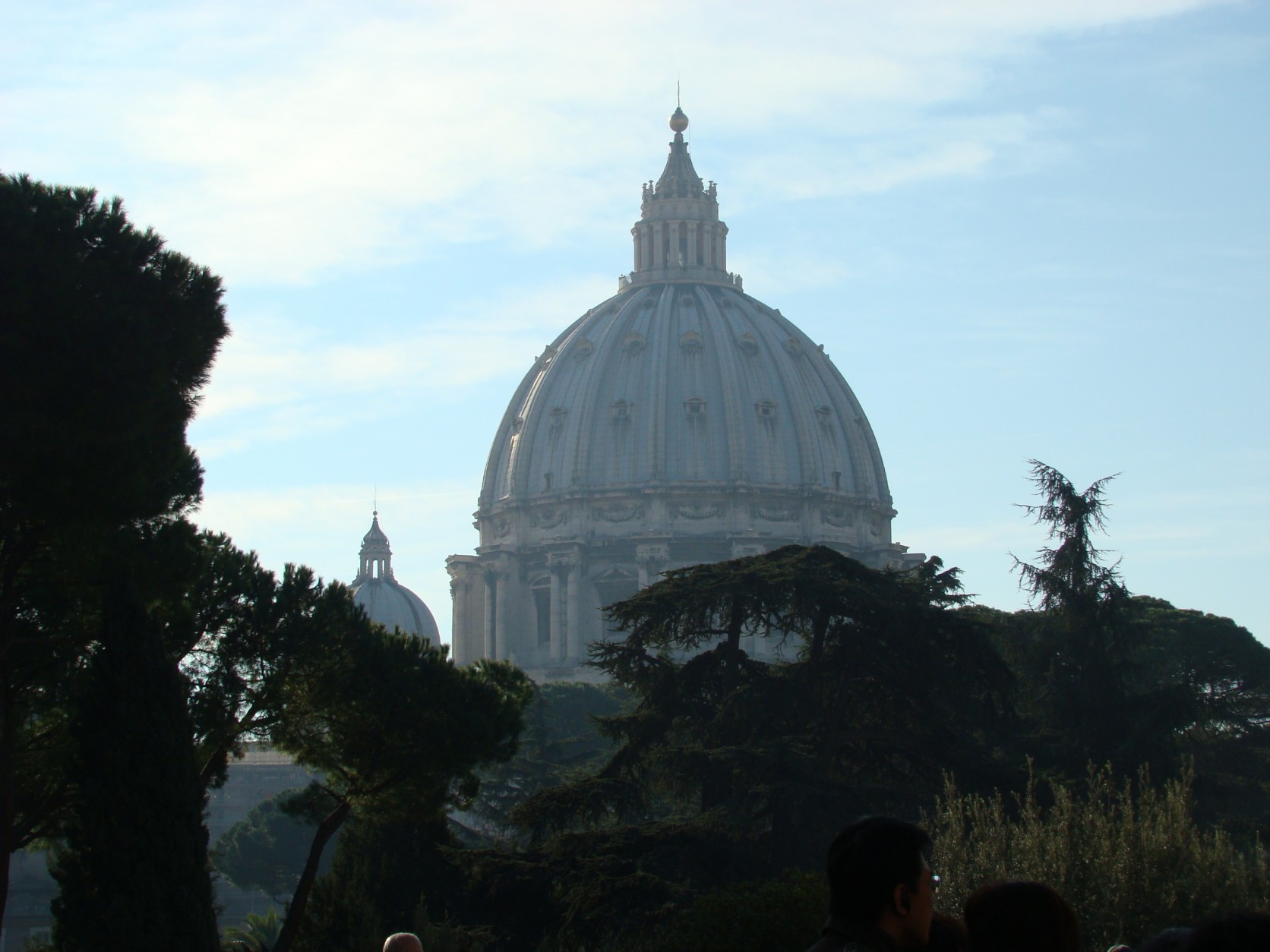Num. 6:22-27; Ps. 67:2-3,5,6,8; Gal. 4:4-7; Lk. 2:16-21
The Blessing! The Church brings in the “New Year” with “The Blessing”, a revelation to the world, “Mary, Mother of God” in Greek “Theotokos”. In these few words blood has been shed, people become divided, and theologians debate. The conflict is not Mary but her title as Mother of God because she points to Jesus Christ as God. We are in the Christmas time of celebrating Emmanuel God is with us. He is with us in Jesus Christ. The argument is framed that Mary in her humanity in time cannot be the Mother of God who is eternal from the beginning in his divinity. Yet that is exactly who Jesus is the Word made flesh to be among us. Mary’s title is not to draw attention to herself but to who Jesus is as the second person of the Trinity.
In the Abrahamic religions Jews, Christians, and Muslims have no consensus on this core belief. Muslims venerate Mary but see Jesus as another prophet. Jews rejected Jesus as an anathema for claiming to be equal to God demanding his death. Even in some Protestant Christian churches Mary is simply the woman who gave birth to Jesus without any veneration. The central point is not Mary but who is Jesus? In Christology, the study of Jesus Christ the early church debated this issue. Was he fully human called to rise to a divine life, was he fully divine simply appearing as human or was he part humanity and part divinity? The answer comes in his name Emmanuel, God is with us, God in the second Person of the Trinity, the Word made flesh fully human and fully divine.
The Child Jesus in his humanity received from his parents two witnesses of holiness, Mary’s humility and Joseph’s obedience. Three times an angel appears to Joseph and he was obedient. First the angel tells Joseph to take Mary with child as his wife and he obeyed. The second to take Mary and child to Egypt and he obeyed. The third to return to Israel after Herod’s death and he obeyed. Jesus was an obedient child to his parents and to the divine purpose for which he came. Mary humbled herself at the annunciation giving her fiat to be with child. Mary remained by Jesus side in humility with the words “do as he says”. Jesus, fully divine, Christ the King humbled himself in humanity going forth proclaiming the Word.
Imagine a New Year’s resolution to practice humility and obedience. It would be awesome and terrible at the same time. Awesome to seek the ideal of love in Jesus Christ and terrible to experience our constant bruising from falling from the ideal repeatedly. The barrier to living the ideal is pride. Pride not in the ordinary acceptance of being a child of God but in the disordered desire to impose our will onto other including God. God says “come follow” and our pride says “God follow me”. Mary and Joseph provide us the ordered way to follow in humility and obedience to sanctity. The Blessing of the Lord is to “keep you” for his love, to let his face give us the light of truth that we shine with holiness, that he see us with his kindly mercy and receive peace as we invoke his name Emmanuel, God is with us and venerate his mother Mary the Mother of God.






Recent Comments